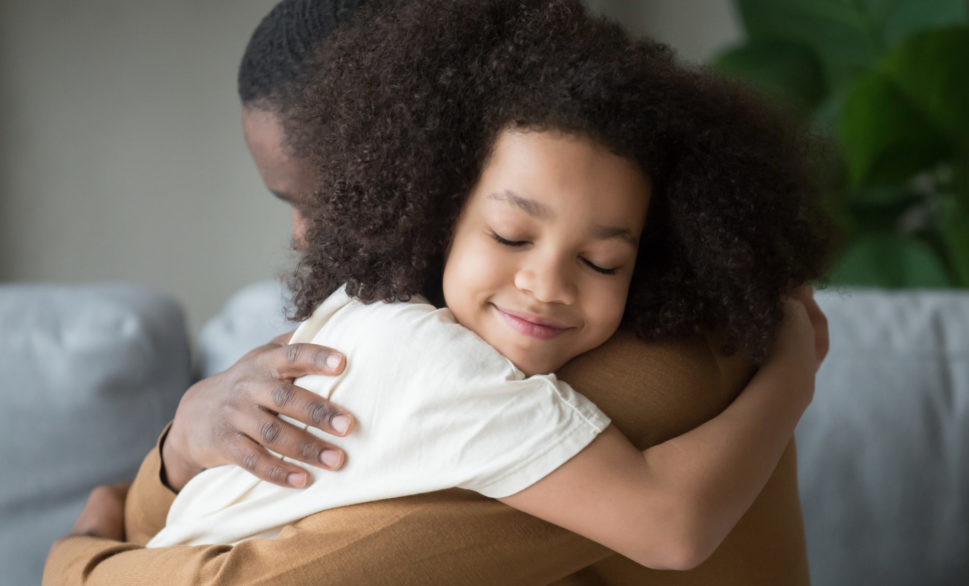Even if our lives are largely fulfilling, it’s not unusual to have moments where it’s tough to feel that way — and the same goes for kids, too. However, studies show that expressing gratitude can have benefits such as supporting physical and mental well-being, boosting self-esteem, and enhancing sleep quality; all of which contribute to happier, healthier children.
Gratitude is a big concept, but teaching it to children needn’t be complicated, explains Nora Camacho, MA, BCBA, LMFT, a behavior specialist at Alexa’s Playful Learning Academy for Young Children. “The most important thing that we learn again and again as early educators is that children learn about relationships by watching adults around them,” she says. “The best way to ensure that your child will emulate a particular characteristic is to model it yourself, and to provide children with an explanation for your choices when you know they are watching.” Camacho offers an example: “Did you know that our neighbor, Ms. Barbara, closed our garage door for us when I forgot to do it? I’m going to write her a note to thank her. In our family, it’s important that we take the time to let others know when they have done something that’s really helpful to us.”
Enforcing positive behaviors in your child is also key. “If you notice your child displaying gratitude, acknowledge it and explain what they did well,” states Camacho. “For instance, ‘I saw that you thanked your friend when she gave you a turn on her bicycle. It’s great to let people know how it made you feel when they’ve done something nice for you. Good job!’” In addition, provide children with regular opportunities to self-reflect and consider what they’re grateful for. Camacho suggests swapping out “what did you do at school today?” for “what are you thankful for today?” Although quick and simple, practices like this make gratitude part of your child’s day-to-day life, and are effective in bolstering the aforementioned health and emotional perks.
Finally, Camacho notes that kindness and compassion go hand-in-hand with gratitude. “If children directly experience the positive impact that they can have, they may be more motivated to seek out opportunities to help others on their own,” she says, and continues with a sweet example she’s seen. “One family at Alexa’s PLAYC encouraged their child to choose items to buy for the classroom when it was her birthday, a time that many children think mostly about receiving gifts. When this child donated the toys she had chosen, her teachers made a point of having the other children thank her, instead of simply thanking the parents. This gave the child the opportunity to soak in the joy and appreciation from her peers directly. That ‘warm feeling’ you get when you extend yourself for another person really encourages repeating that behavior throughout our lives.” Indeed, that fuzzy feeling in and of itself is likely to become something to be thankful for.
